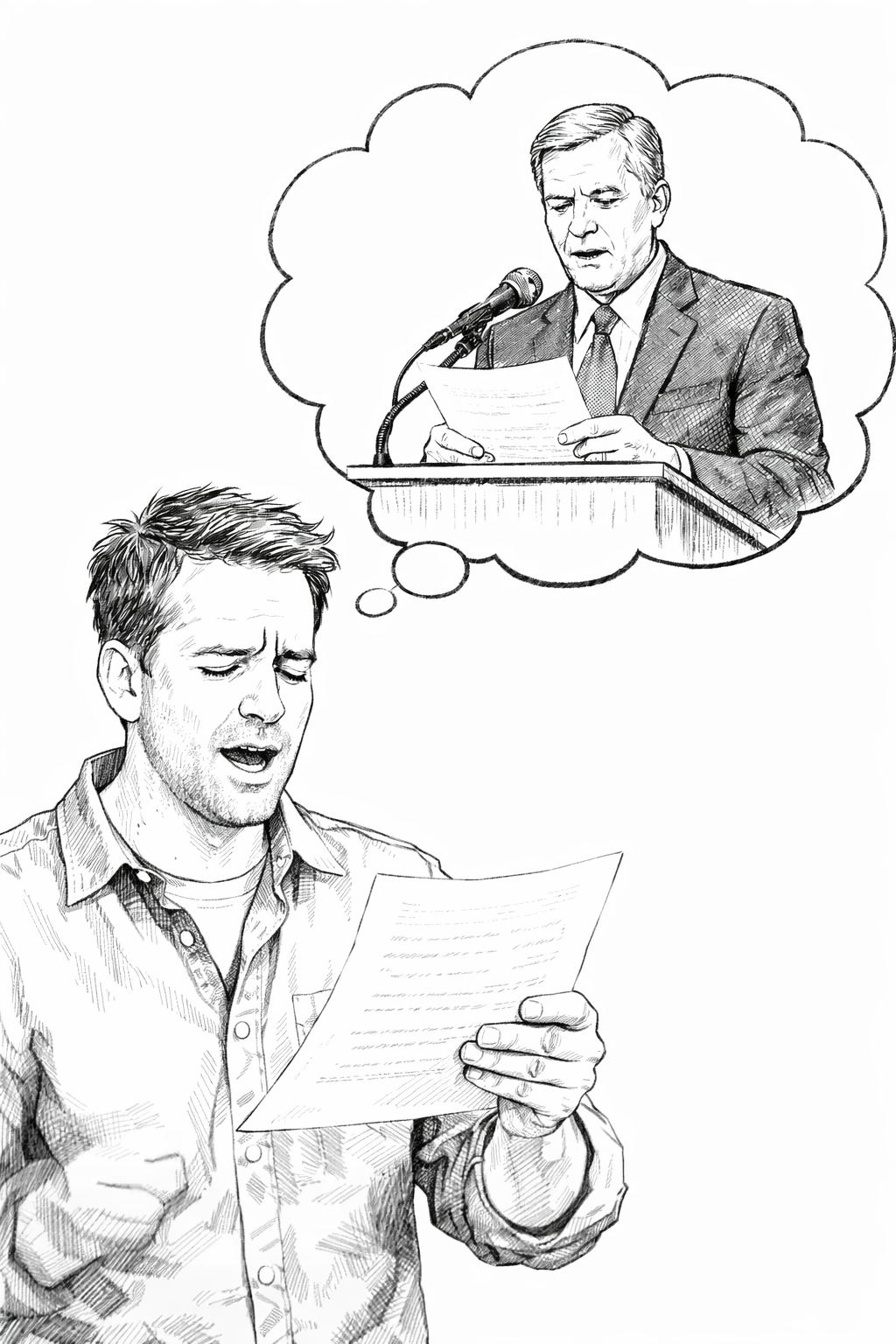Nib #88 Read Strunk & White
Read The Elements of Style by William Strunk and E.B. White.
That’s it. That’s basically the whole Nib.
Notice we say read Strunk & White. You need not read it more than once, or keep a dog-eared copy on your desk, or esteem it above all other writing books. It’s a little text book, not the Bible.
But the fact is, Strunk & White’s 100 pages of clear, concise prose contain more practical writing instruction than most young professionals today received in 17 years of formal education. The Elements of Style may not be the best writing book ever written. But it is easily the most accessible (it can be read in a single sitting) and the most gallant.
This is the true spirit of the laws Professor Strunk laid down for students taking his English 8 course at Cornell University a century ago. The book’s rules are merely tools that enable writers to take care of their readers.
“Always their motivation is fellow feeling,” journalist Andrew Ferguson — one of the best writers you’ll ever read — wrote in a 2009 appreciation, "‘Elements’ at 50". As Ferguson writes, the book’s commitment to clarity and correctness:
“isn’t ‘bossiness.’ It’s not even grammar, really: It’s etiquette, and etiquette, properly understood, is a branch of morality.”
That’s the best way to understand and read The Elements of Style. It’s a good book, in every sense of the word, and can make all young writers better.
Until next week… keep writing!











